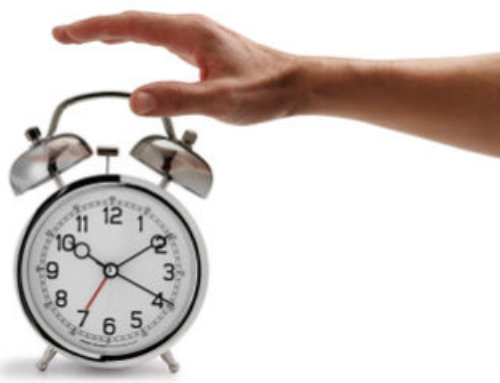FOR IMMEDIATE RELEASE
CONTACT: Lynn Celmer, 630-737-9700, ext. 9364, lcelmer@aasm.org
DARIEN, IL – A new study suggests that one night of sleep deprivation leads to an increase in men’s perceptions of both women’s interest in and intent to have sex.
Results show that when they were well-rested, both men and women rated the sexual intent of women as significantly lower than that of men. However, following one night of sleep deprivation, men’s rating of women’s sexual intent and interest increased significantly, to the extent that women were no longer seen as having lower sexual intent than men. Sleep deprivation had no significant effect on variables related to commitment.
According to the authors, sleep deprivation is known to cause frontal lobe impairment, which has a negative effect on decision-making variables such as risk-taking sensitivity, moral reasoning and inhibition. However, this is the first study to investigate the impact of sleep deprivation on romantic and sexual decision-making.
“Our findings here are similar to those from studies using alcohol, which similarly inhibits the frontal lobe,” said co-principal investigator Jennifer Peszka, PhD, associate professor of psychology at Hendrix College in Conway, Ark., who led the study along with her colleague Jennifer Penner, PhD. “Sleep deprivation could have unexpected effects on perceptual experiences related to mating and dating that could lead people to engage in sexual decisions that they might otherwise not when they are well-rested. Poor decision-making in these areas can lead to problems such as sexual harassment, unplanned pregnancy, sexually transmitted diseases and relationship conflicts which are all factors that have serious medical, educational and economic implications for both the individual and for society.”
The research abstract was published recently in an online supplement of the journal SLEEP, and Peszka will present the findings Tuesday, June 4, in Baltimore, Md., at SLEEP 2013, the 27th annual meeting of the Associated Professional Sleep Societies LLC.
The study group comprised 60 college students who completed the Cross Sex Perception and Sex and Commitment Contrast instruments, developed by Martie Haselton and David Buss, before and after one night of sleep deprivation. Participants rated level of agreement with a series of statements on 7-point Likert scales regarding sexual interest, sexual intent, commitment interest and commitment aversion for a variety of targets – themselves, and men and women in general. For example, one question asked, “When a woman goes out to a bar, how likely is it that she is interested in finding someone to have sex with that night?”
To conduct the study, Peszka and Penner collaborated with David Mastin, PhD, from the University of Arkansas at Little Rock. They also were assisted by several undergraduate research students from Hendrix College: Jennifer Lenow, Cassandra Heimann, Anna Lennartson, Rebecca Cox and Katie Defrance.
For a copy of the abstract “The effects of sleep deprivation on perceptual processes involved in human mating decisions,” or to arrange an interview with Dr. Peszka or an AASM spokesperson, please contact AASM Communications Coordinator Lynn Celmer at lcelmer@aasm.org.
A joint venture of the American Academy of Sleep Medicine and the Sleep Research Society, the annual SLEEP meeting brings together an international body of more than 5,500 leading clinicians and scientists in the fields of sleep medicine and sleep research. At SLEEP 2013 (www.sleepmeeting.org), more than 1,300 research abstract presentations will showcase new findings that contribute to the understanding of sleep and the effective diagnosis and treatment of sleep disorders such as insomnia, narcolepsy and sleep apnea.
The American Academy of Sleep Medicine considers sleep disorders an illness that has reached epidemic proportions. Board-certified sleep medicine physicians in an AASM-accredited sleep center provide effective treatment. AASM encourages patients to talk to their doctors about sleep problems or visit www.sleepeducation.com for a searchable directory of sleep centers.








